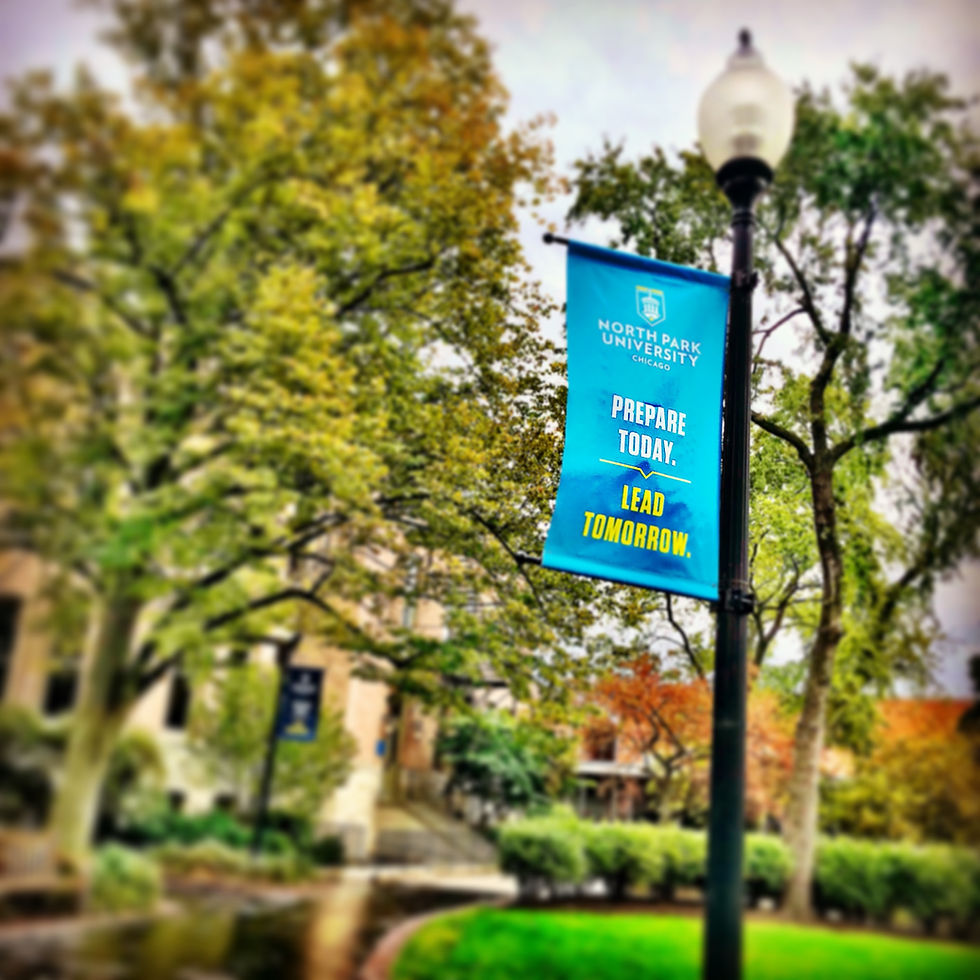Bring Home Your Groceries
- Dr. Renée-Paule Gauthier
- Nov 1, 2015
- 3 min read
I have been impressed with the urgency of doing. Knowing is not enough; we must apply. Being willing is not enough; we must do. - Leonardo da Vinci
I am noticing a common pattern among you, my students, and I can sadly report that I occasionally fell into the same trap at your age: you don’t bring your groceries home! Going to your lesson to receive instruction from your teacher is a little bit like going to the grocery store. You go to the store, fill your cart with items, pay, and then bring the food home to eat so you can remain alive, healthy, thriving as a person. But a lot of you are in the habit of casually leaving the bags behind at the cash register!
Week after week, some of you walk in the studio without having put in a real effort to solve the problems addressed in the previous lesson. What you get then is what I call a “repeat lesson,” when the teacher has to repeat and explain the same concepts all over again. It is hard for you to improve significantly and difficult for a teacher to move forward when, lesson after lesson, the same material and the same notions must be revisited.
Some of you do try to a certain extent, but several of you revert to the same old bad habits whenever something feels slightly uncomfortable or requires real effort to accomplish. Fight this urge and tackle your bad habits!
You pay good money for your lessons! Why not take full advantage of the knowledge that a teacher is trying to transmit to you? Why not commit to trying wholeheartedly to implement the techniques given to you in the lesson?
Bring your groceries home! Take them out of the bags, prepare a fabulous meal, and eat!
Start by being present in the lesson. Be alert, listen carefully, and actively receive the instruction with an open mind and an eager curiosity.
Then, take notes. As a teacher, I write a lot of notes for my students in the notebook they bring to the lesson. If your teacher does not write notes, record your lessons and write them yourself: writing your own notes is a wonderful way to recall the information and to start assimilating it.
Now that you have notes, consult them often! Take the time to reflect on the concepts that were presented to you in the lesson, give them some serious thought, and dedicate yourself to understanding the notions, adopting the practice methods, and executing the assignments.
Periodically revisit notes from preceding weeks. Take notice if you have solved the problems, improved some, or if you have somewhat stalled in your progress. Any comment that reappears regularly should raise a red flag. Your teacher can talk all day, but it is up to you to internalize the concepts and diligently apply them in your playing. If the words “bow direction” appear in almost every page, it is most likely a sign that you need to make a serious effort on bow direction.
Apply yourself and maximize your investment!
Going to your lesson and not taking it to heart to absorb and use the information that was passed on to you is a waste of both your time and your teacher’s time. It’s also a waste of your money. You can accomplish more in less time by really applying yourself.
As I explained in The Price of the Shortcut, what we do not practice well today, we have to practice again. And again. And again. We can either make the effort to improve our work ethic and reap greater success, or pursue in our old ineffective methods and learn to accept our usual results.
Bring your groceries home and thrive, my friends!




Comments